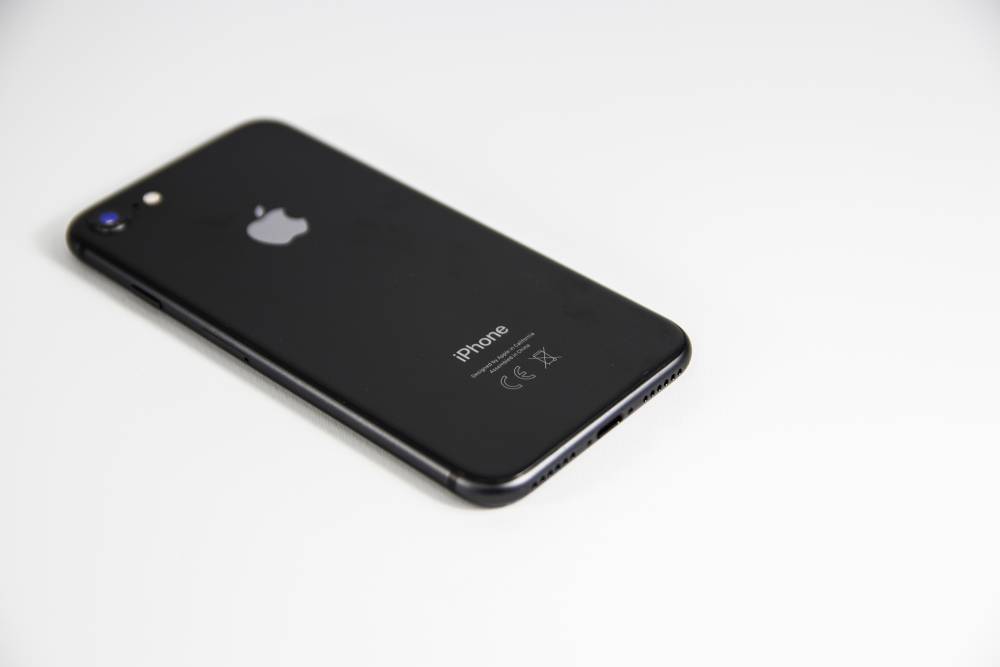In the ever-expanding world of mobile apps, creating a stellar product is just half the battle. To succeed, you need to master the art of mobile app marketing. This article is your comprehensive guide to effective strategies that will help your app stand out in the crowded marketplace.
Understanding Mobile App Marketing
What is Mobile App Marketing?
Mobile app marketing is the process of promoting and advertising a mobile application to reach a wider audience, drive downloads, and engage users. It is a multi-channel approach that can include paid advertising, social media marketing, content marketing, and search engine optimization. The goal of mobile app marketing is to increase awareness of the app and drive downloads, which will ultimately lead to more users and revenue.
Why Does It Matter?
Competition
The app stores are flooded with millions of apps. Effective marketing distinguishes yours from the rest. It helps you to reach your target audience and make your app stand out from the competition. You can use marketing to create awareness of your app, generate interest, and drive downloads.
User Acquisition
It helps in acquiring new users and retaining existing ones. You can use marketing to attract new users to your app and encourage them to keep using it. You can use marketing to create a strong brand identity and build loyalty among your users.
Revenue Growth
Successful marketing can lead to increased revenue through in-app purchases, subscriptions, or ad revenue.
You can use marketing to increase the number of people who make in-app purchases, subscribe to your app, or view your ads. You can use marketing to create a strong value proposition and drive sales.
Crafting Your App Marketing Plan
-
Market Research: Know Your Audience
Understand your target audience's needs, preferences, and pain points. This forms the foundation of your marketing strategy. You can do this by conducting surveys, interviews, and focus groups. Once you understand your audience, you can create marketing campaigns that are more likely to resonate with them.
-
App Store Optimization: Optimize for Visibility
Leverage ASO techniques to improve your app's visibility in app stores. This includes optimizing keywords, titles, and descriptions. You can also use paid advertising to promote your app in app stores.
-
Social Media Marketing: Harness the Power of Social
Create a strong presence on social media platforms where your audience hangs out. Engage with users, share valuable content, and run targeted ads. Social media is a great way to connect with your audience and build relationships. You can also use social media to drive traffic to your app's listing in app stores.
-
Influencer Marketing: Partner with Influencers
Collaborate with influencers in your niche to promote your app to their followers. Influencer marketing is a great way to reach a large audience quickly. You can partner with influencers who have a following that is interested in your app's target market.
-
Content Marketing: Educate and Entertain
Create blog posts, videos, and infographics related to your app's niche. Share valuable content that resonates with your target audience. Content marketing is a great way to build trust and credibility with your audience. You can also use content marketing to drive traffic to your app's listing in app stores.
User Engagement and Retention
Email Marketing: Nurture Through Emails
Email marketing is a great way to stay in touch with your users and keep them engaged with your app. To do this, you can build and maintain a mailing list of users who have opted in to receive emails from you. Then, you can send regular emails with updates about your app, new features, and special offers. It's important to personalize your emails to each user based on their interests and behavior. You can also use segmentation to target your emails to specific groups of users. Finally, you should track the results of your email campaigns to see how well they are performing.
Push Notifications: Keep Users Engaged
Push notifications are another great way to keep users engaged with your app. You can send timely and relevant push notifications to keep users coming back to your app. You can also use push notifications to promote new features, special offers, and other important updates. It's important to personalize your push notifications to each user based on their interests and behavior. You can also track the results of your push notification campaigns to see how well they are performing.
Customer Support: Listen and Assist
Excellent customer support is essential for any app. You should offer excellent customer support to address user issues promptly and enhance their experience. You can make it easy for users to contact you with questions or problems. You should also respond to user inquiries quickly and professionally. In addition, you should be proactive in identifying and resolving potential problems. Finally, you should use customer feedback to improve your app and make it more user-friendly.
Measuring Success
Key Performance Indicators (KPIs): Track and Analyze
To measure the success of your marketing efforts, you need to track and analyze key performance indicators (KPIs) like downloads, user engagement, retention rates, and revenue. Track your KPIs over time to see how your marketing is performing. Compare your KPIs to industry benchmarks to see how you're doing. Use your KPIs to make informed decisions about your marketing strategy.
User Feedback: Listen and Adapt
It is also important to listen to and adapt to user feedback. Pay attention to user feedback and reviews. Use this valuable input to make necessary improvements. Respond to user feedback promptly and professionally. Use user feedback to inform your product development and marketing decisions. Thank users for their feedback and let them know that you appreciate their input.
By tracking and analyzing KPIs and listening to user feedback, you can ensure that your marketing is effective and that you are meeting the needs of your customers.
In addition to the above, you can also:
-
Conduct surveys to get feedback from a larger group of users.
-
Use social media to engage with users and get their feedback.
-
Hold focus groups to get in-depth feedback from a small group of users.
-
Analyze your website traffic to see how users are interacting with your site.
-
Use A/B testing to test different versions of your website or marketing materials to see what works best.
Common Pitfalls to Avoid
Ignoring Analytics: Data-Driven Decisions
Data is essential for making informed decisions about your app. By tracking analytics metrics like app downloads, active users, user engagement, user retention, and user churn, you can understand how your users are interacting with your app and make changes to improve their experience. You can use analytics tools like Google Analytics or Mixpanel to track these metrics.
Neglecting User Experience: UX Matters
A good user experience is essential for any app. If users have a bad experience with your app, they are likely to uninstall it and never use it again. When designing a good user experience, keep in mind the following:
-
The app should be easy to use and navigate.
-
The app should be visually appealing.
-
The app should be responsive and load quickly.
-
The app should be reliable and free of bugs.
You can test your app's user experience with usability testing or user feedback.
Conclusion
Effective mobile app marketing is a dynamic process that combines strategy, creativity, and user-centricity. By understanding your audience, crafting a compelling marketing plan, and prioritizing user engagement, your app can not only survive but thrive in the competitive app landscape.
FAQs
-
How do I find my app's target audience?
-
Research your app's niche, analyze competitors, and use demographic data to identify your target audience.
-
What is ASO, and why is it essential for app marketing?
-
ASO (App Store Optimization) involves optimizing your app's listing on app stores to improve its visibility and discoverability.
-
Why is user engagement crucial for app success?
-
Engaged users are more likely to become loyal customers, generate revenue, and promote your app through word-of-mouth.
-
What are some effective ways to engage users with push notifications?
-
Send personalized and relevant push notifications, avoid overuse, and time them appropriately.
-
How can I measure the success of my app marketing efforts?
-
Track KPIs, analyze user feedback, and use analytics tools to measure the impact of your marketing strategies.





